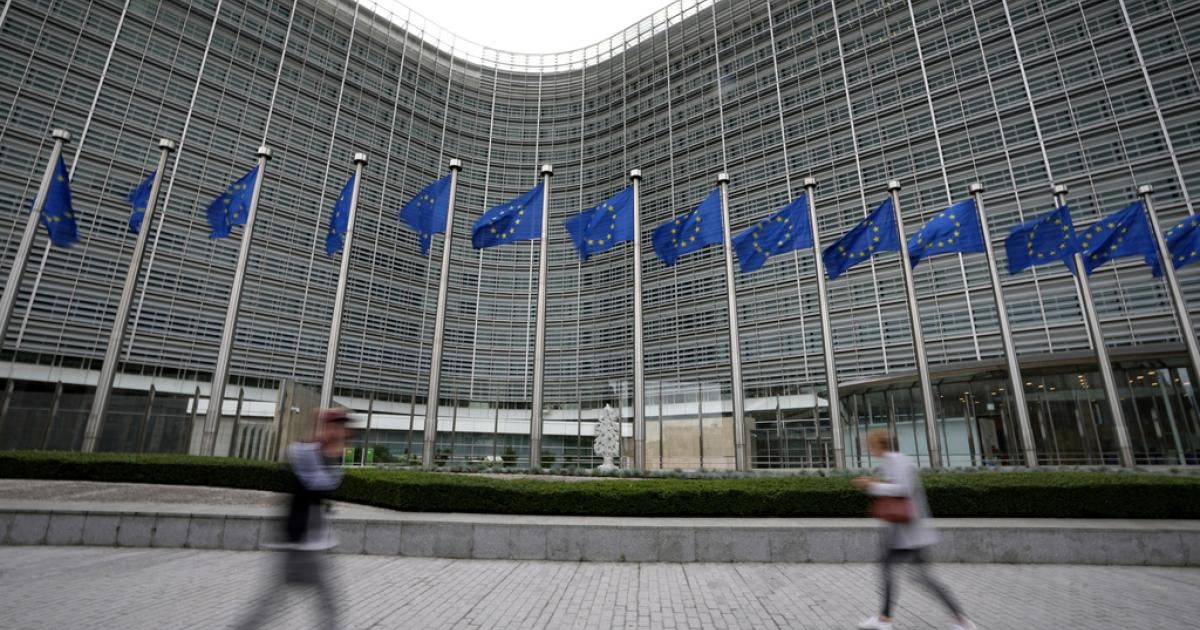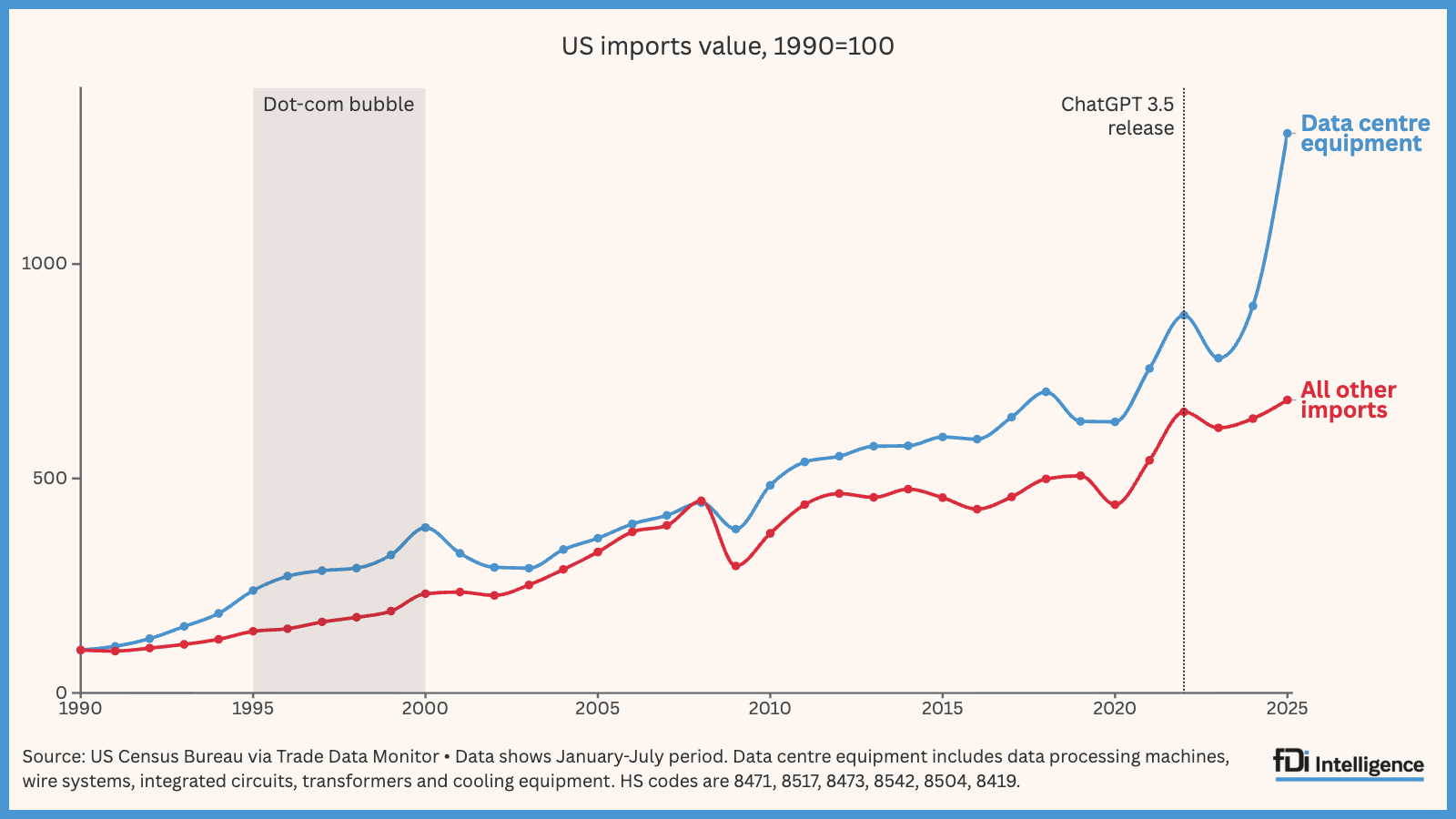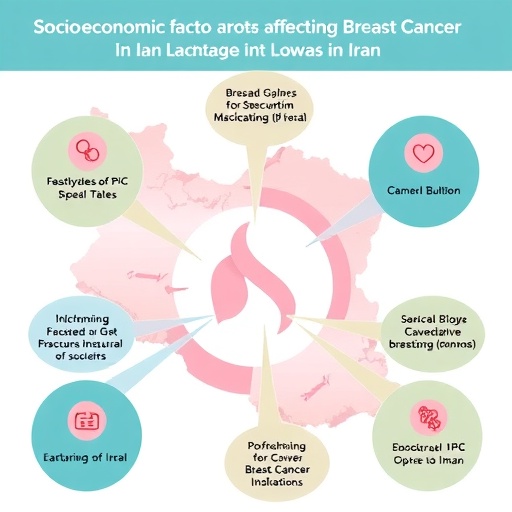Report on Netherlands-US Intelligence Cooperation and Implications for Sustainable Development Goals
Introduction: A Shift in Global Partnerships
A significant shift in international cooperation has been reported, with the Netherlands curtailing intelligence sharing with the United States. This decision stems from concerns that the current U.S. administration could misuse shared intelligence, potentially leading to human rights violations or aiding other nations such as Russia. This development directly impacts the framework of the Sustainable Development Goals (SDGs), particularly SDG 16 (Peace, Justice and Strong Institutions) and SDG 17 (Partnerships for the Goals), by highlighting the fragility of trust-based international alliances essential for global stability and development.
Impact on SDG 16: Peace, Justice and Strong Institutions
The actions taken by the Dutch intelligence agencies, AIVD and MIVD, underscore a commitment to the principles enshrined in SDG 16, which calls for the development of effective, accountable, and transparent institutions. The primary concerns align with several targets within this goal:
- Politicization of Intelligence: Dutch officials expressed apprehension over the “politicisation of our intelligence.” This concern directly challenges SDG Target 16.6, which aims to ensure institutional accountability and transparency. When intelligence services are perceived as political tools, their integrity is compromised, weakening the foundation of just and strong institutions.
- Prevention of Human Rights Violations: A core reason for restricting cooperation is the fear that shared information could be used to violate human rights. This aligns with the overarching goal of SDG 16 to promote peaceful and inclusive societies and protect fundamental freedoms. The Dutch agencies are proactively working to avoid complicity in actions that would undermine justice and the rule of law (SDG Target 16.3).
- Case-by-Case Evaluation: The implementation of a case-by-case review for sharing information demonstrates a cautious approach to upholding institutional values, ensuring that cooperation does not conflict with fundamental principles of justice and peace.
Strain on SDG 17: Partnerships for the Goals
The decision represents a tangible strain on a long-standing alliance, illustrating the challenges to achieving SDG 17, which emphasizes the need for robust global partnerships. The effectiveness of international cooperation is contingent on shared values and mutual trust, which appear to be eroding.
- Erosion of Trust: The report indicates that while relations are officially described as “good,” the need to withhold information signifies a fundamental erosion of trust. Trust is the bedrock of the “soft power” that enables effective partnerships for achieving global goals, as noted by former Dutch official Bart Groothuis.
- Reduced Cooperative Capacity: The Netherlands has historically been a staunch U.S. ally, collaborating on critical international security operations. This curtailment weakens the collective capacity to address complex global threats, thereby hindering progress on security-dependent development goals.
- Implications for Global Alliances: This incident serves as a precedent, illustrating how geopolitical shifts and concerns over institutional integrity can unravel partnerships vital for the entire 2030 Agenda for Sustainable Development.
Conclusion: Prioritizing Institutional Integrity for Sustainable Development
The decision by the Netherlands to limit intelligence sharing with the United States is a significant event in international relations. Framed within the context of the Sustainable Development Goals, it is a clear instance of a nation prioritizing the principles of SDG 16—namely the promotion of justice, the protection of human rights, and the preservation of strong, accountable institutions. While this action creates challenges for SDG 17 by straining a key global partnership, it underscores the conviction that sustainable and effective international cooperation cannot be maintained without a shared commitment to fundamental values of peace and justice.
Analysis of Sustainable Development Goals in the Article
1. Which SDGs are addressed or connected to the issues highlighted in the article?
-
SDG 16: Peace, Justice and Strong Institutions
This is the primary SDG addressed in the article. The text focuses on the breakdown of trust and cooperation between national intelligence agencies due to fears of politicization, potential misuse of information, and human rights violations. These themes directly relate to the goal of promoting peaceful societies and building effective, accountable, and inclusive institutions at all levels.
2. What specific targets under those SDGs can be identified based on the article’s content?
-
Target 16.3: Promote the rule of law at the national and international levels and ensure equal access to justice for all.
The article highlights the Dutch intelligence agencies’ fear that the Trump administration could use shared intelligence to “violate human rights.” This concern points directly to a potential breakdown in the rule of law and the protection of fundamental freedoms, which this target aims to uphold.
-
Target 16.6: Develop effective, accountable and transparent institutions at all levels.
The Dutch intelligence heads express concern over the “politicisation of our intelligence” within the US. The firing of the National Security Agency chief and the general overhaul of federal services are cited as reasons for a lack of trust. This directly addresses the need for institutions to be accountable and transparent, rather than subject to political interference.
-
Target 16.a: Strengthen relevant national institutions, including through international cooperation, to build capacity at all levels… to prevent violence and combat terrorism and crime.
The article describes a curtailment of international cooperation. The Netherlands, a staunch US ally, is now restricting the intelligence it shares. This is the opposite of the target’s goal, illustrating a weakening of international partnerships designed to maintain security and prevent violence, based on a lack of trust in the integrity of a partner’s institutions.
3. Are there any indicators mentioned or implied in the article that can be used to measure progress towards the identified targets?
-
Qualitative Indicator for Target 16.3 (Rule of Law):
The decision by a partner nation (the Netherlands) to restrict intelligence sharing based on human rights concerns serves as a qualitative indicator. The statement, “we are very alert to… the violation of human rights,” implies that adherence to human rights principles is a key metric for cooperation.
-
Qualitative Indicators for Target 16.6 (Accountable Institutions):
The article implies two indicators:
- Level of trust between allied intelligence agencies: The statement, “sometimes you have to think on a case-by-case basis: can I still share this information or not?” indicates a low or fluctuating level of trust, which can be used as a measure of institutional accountability.
- Perception of political interference in institutional operations: The explicit mention of “politicisation of our intelligence” by the Dutch agency heads is a direct indicator of a perceived lack of institutional independence and accountability.
-
Qualitative Indicator for Target 16.a (International Cooperation):
The change in intelligence-sharing protocols (“sometimes don’t share things anymore”) is a direct, measurable indicator of a disruption or weakening of international cooperation between the Netherlands and the US.
4. Summary Table of SDGs, Targets, and Indicators
| SDGs | Targets | Indicators Identified in the Article |
|---|---|---|
| SDG 16: Peace, Justice and Strong Institutions | 16.3: Promote the rule of law at the national and international levels and ensure equal access to justice for all. | The restriction of intelligence sharing by the Netherlands due to fears of potential human rights violations by the US. |
| SDG 16: Peace, Justice and Strong Institutions | 16.6: Develop effective, accountable and transparent institutions at all levels. | Perception of “politicisation of our intelligence” in US agencies; Reduced trust between allied intelligence services, leading to case-by-case evaluation of information sharing. |
| SDG 16: Peace, Justice and Strong Institutions | 16.a: Strengthen relevant national institutions, including through international cooperation… | The curtailment of intelligence co-operation between the Netherlands and the US, indicating a weakening of established international partnerships. |
Source: ft.com







